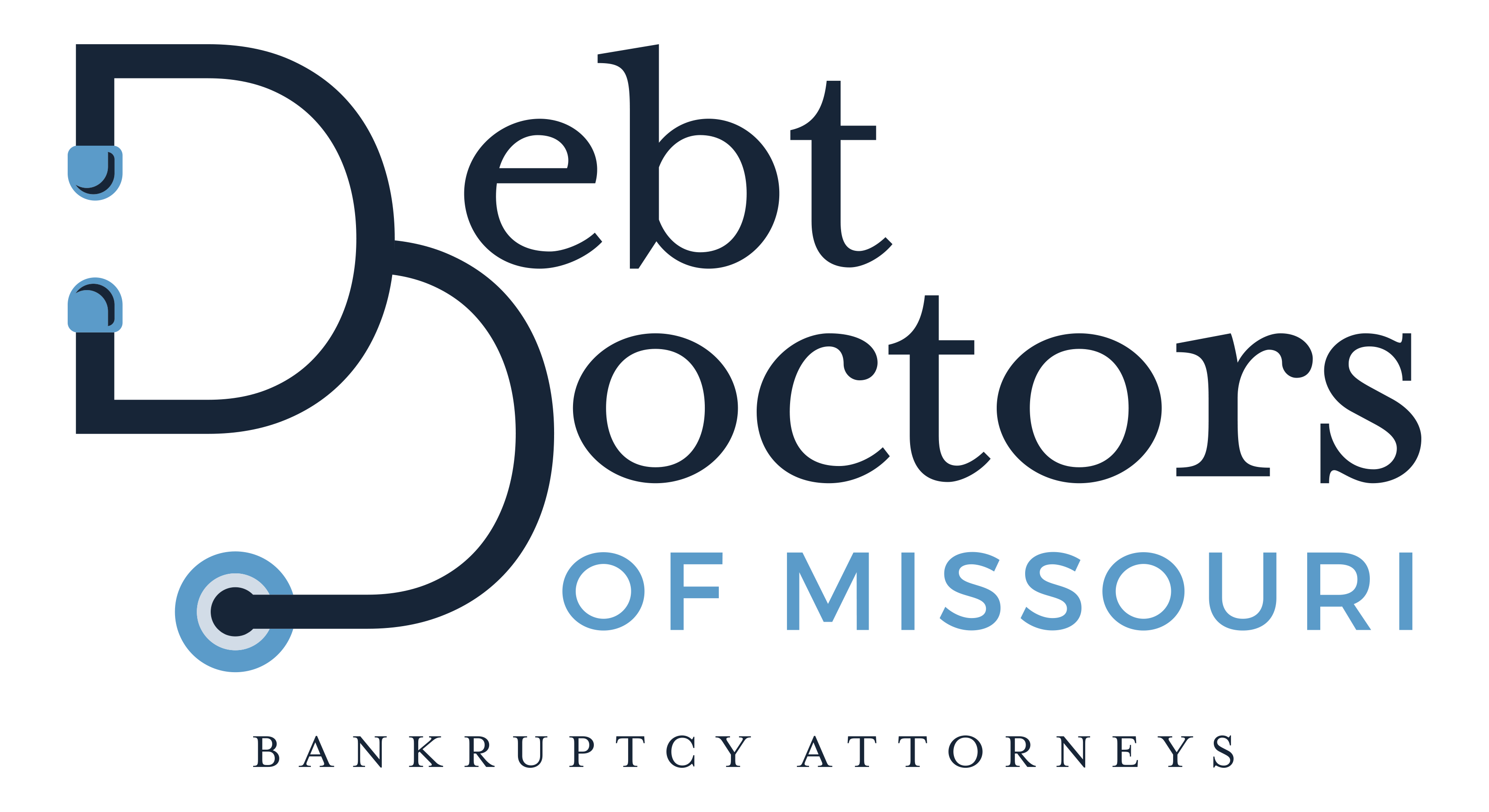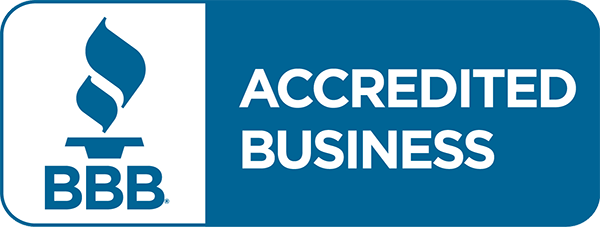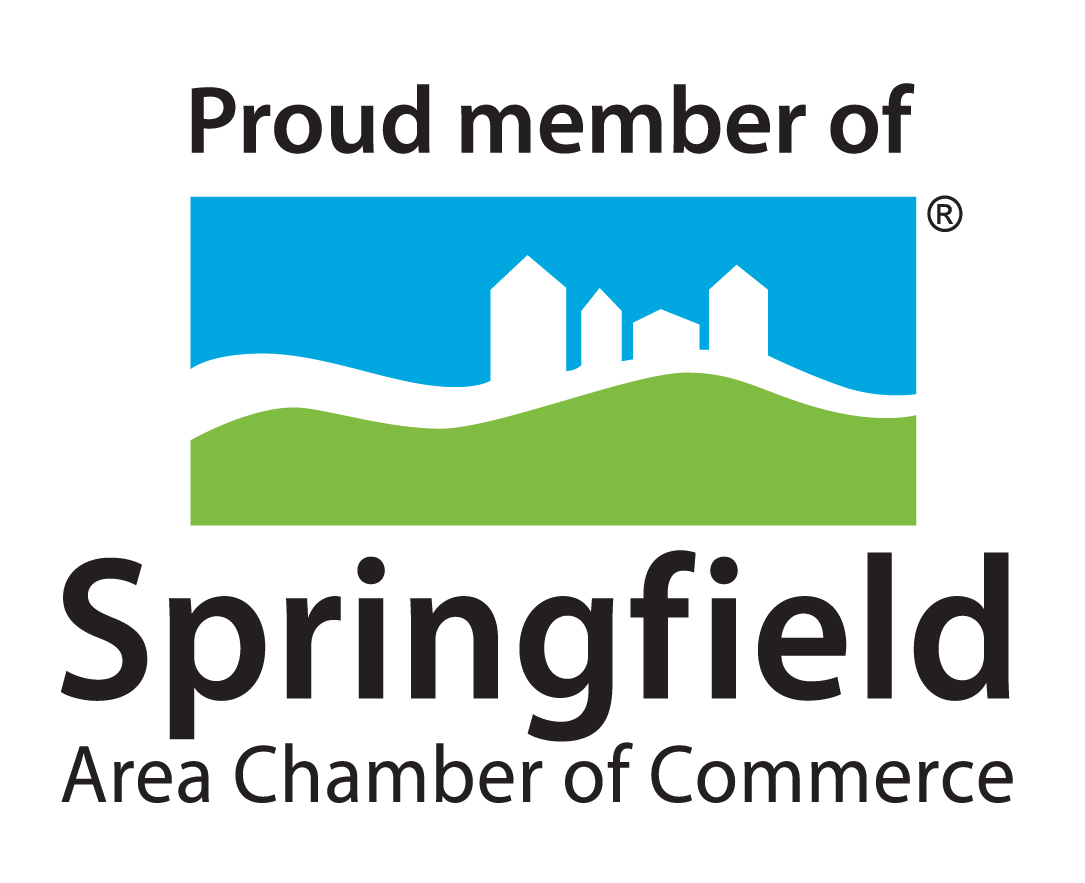Understanding What Bankruptcy Can and Can't Do for You in Missouri
Filing for bankruptcy can be a life-changing decision for many facing insurmountable debts. While it offers a fresh start and a pathway out of financial distress, it's essential to recognize that bankruptcy isn't a one-size-fits-all solution. As with any legal process, there are limitations.
If you're considering bankruptcy in Missouri, let Debt Doctors of Missouri guide you through its complexities. Call us now at (414) 466-3328 for expert assistance.
Bankruptcy: What It Doesn't Cover
While bankruptcy serves as a powerful tool for many in dire financial straits, it's not a golden ticket to absolve all monetary obligations. Many individuals mistakenly believe that by filing, all of their financial troubles will be wiped away. However, there are specific debts that remain resilient against bankruptcy's clearing power. Let's delve deeper into what bankruptcy might not shield you from.
The Nuances of Secured Debts in Bankruptcy
While bankruptcy can provide significant relief from overwhelming debt, it doesn't grant blanket immunity, especially concerning secured debts. Filing for bankruptcy might absolve you from the financial obligation, but it doesn't automatically strip away liens. This means that lenders can still reclaim property attached to such liens. Common examples include homes linked to mortgages or vehicles associated with auto loans.
Tax Debts and Their Standing in Bankruptcy
Bankruptcy's power has its limits, particularly when it comes to tax obligations. While Chapter 7 or 13 bankruptcy might extinguish older income tax debts, fresher tax obligations and a majority of other tax types remain steadfastly nondischargeable.
The Indomitable Nature of Alimony and Child Support Debts
Obligations related to familial responsibilities, such as alimony and child support, stand resilient against the force of bankruptcy. No matter the financial situation, these commitments remain, ensuring that bankruptcy cannot negate your obligation to provide for your family.
Student Loans: The Hard-to-Shake Debt
A large number of Americans grapple with student loans. Yet, these debts prove elusive when it comes to discharge through bankruptcy. There are rare cases, hinging on demonstrating "undue hardship," where these loans might be wiped away, but achieving this is a challenging endeavor.
Government-Imposed Fines and Bankruptcy
Owing money due to penalties or fines from government agencies can be a substantial burden. However, the realms of bankruptcy offer little refuge for these specific debts, ensuring that these obligations persist post-filing.
The Enduring Nature of DUI-Related Injury or Death Debts
Debts resulting from DUI-related incidents, especially those causing personal injury or death, carve a unique niche. Such obligations remain untouched and demand responsibility, irrespective of any bankruptcy proceedings.
Unlisted Debts in Bankruptcy Filings
Bankruptcy can't absolve what it doesn't recognize. Consequently, any financial obligations that don't make it into your bankruptcy documentation, either mistakenly or intentionally, won't experience the relief of discharge.
Making An Informed Decision
Understanding the limits of bankruptcy is crucial before making a decision. While it can provide significant relief from many financial burdens, some obligations remain untouched. Bankruptcy is a tool — one of many in the realm of financial management. Ensure you use it wisely and in the context of a broader financial strategy.
For tailored advice and a clearer understanding of how bankruptcy can help your specific situation in Missouri, reach out to the professionals at Debt Doctors of Missouri. Dial (414) 466-3328 or visit our website to schedule a consultation. Your path to a brighter financial future is just a call away.




